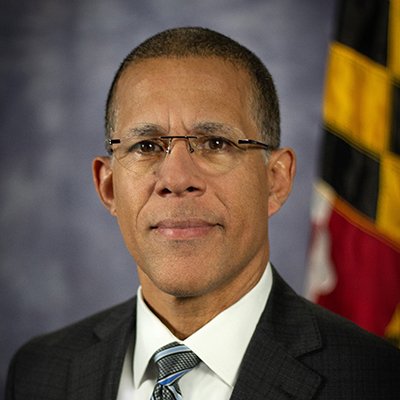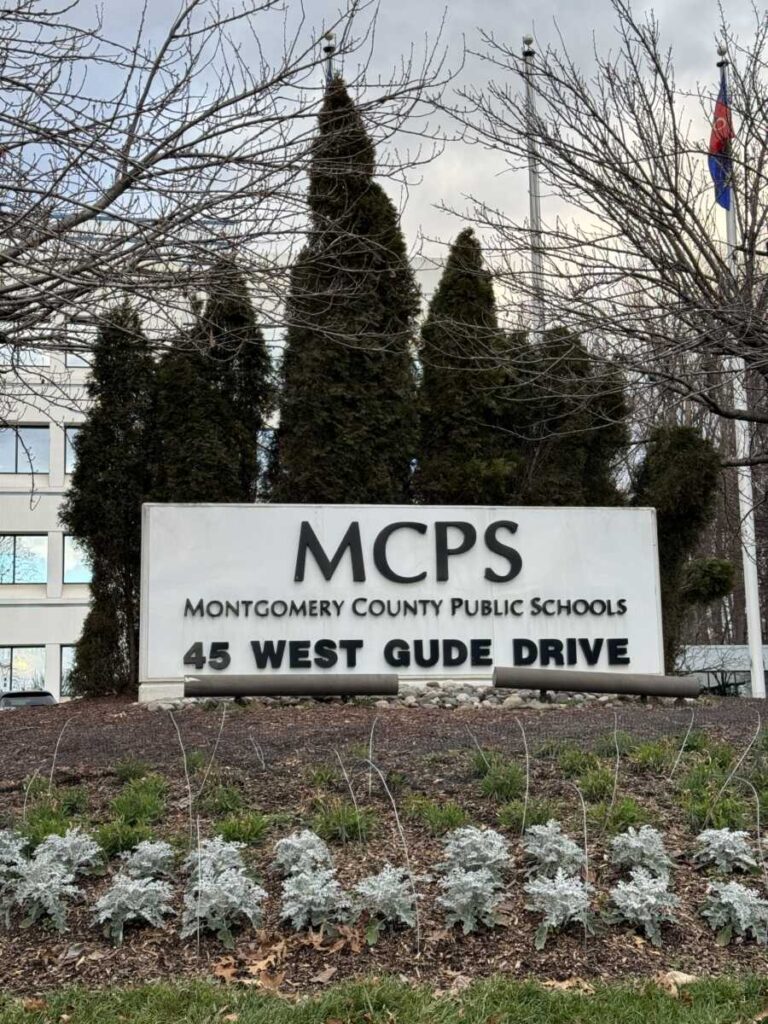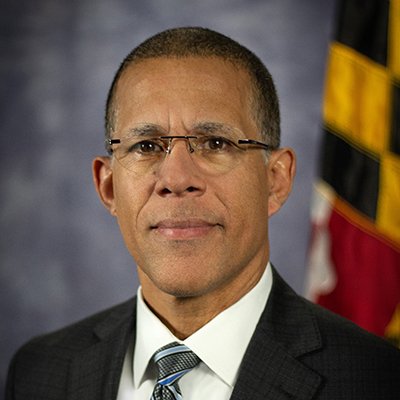In a complaint against the U.S. Department of Education, Attorney General Anthony Brown and sixteen other state attorneys general claim the agency illegally reduced funds for congressionally mandated K–12 mental health programs, impacting programs in Maryland and other states.
Attorney General Anthony G. Brown joined a group of 16 state attorneys general in suing the U.S. Department of Education late Monday for unlawfully reducing congressionally authorized funding for mental health programs in K–12 schools, according to the news release issued on Tuesday, July 1.
Following the devastating mass shooting in Uvalde, Texas, which claimed the lives of 19 children and two instructors, a bipartisan Congress funded more than $100 million to permanently place 14,000 mental health experts in the schools that most needed them. The programs have produced results. In the first year of financing, grantees employed approximately 1,300 school mental health professionals and provided services to nearly 775,000 kids, according to the National Association of School Psychologists (NASP).
Based on data from sampling programs, NASP also discovered a 50% decrease in the risk of suicide at high-need schools, as well as a decrease in behavioral problems and absenteeism and an increase in positive student-staff engagement.
Grants were given out by the Department of Education during a five-year project term, and each grant’s funding is renewed annually. When determining whether to continue financing, the Department of Education takes the grantee’s performance into account, as mandated by its regulations.
Grantees received boilerplate notices from the Department of Education on April 29, 2025, stating that funding would be withdrawn because their grants now conflicted with the aims of the Trump administration. K–12 students in Maryland will receive much less mental health support as a result of the Department’s decision to not continue.
Through a Department grant, the Ujima Center for School Counseling Scholars is run by Bowie State University, a historically Black college. The Ujima Center has already engaged 46 scholars to support graduate students pursuing a degree in school counseling. These scholars receive experience while offering vital mental health services at K–12 schools with high needs. The Department abruptly canceled the entire supporting grant, resulting in a loss of over $2 million that, if not overturned, will put an end to the Ujima Center.
In a similar vein, the University of Maryland at Baltimore provides training for mental health practitioners through its School-Based Mental Health Fellowship. The fellowship provides funding for graduate and undergraduate studies, which results in long-term employment in K–12 institutions. The program has put 67 fellows in about 50 schools with a critical need for mental health resources in the last two years. The University’s award, which represented about $2.5 million in projected funding, was abruptly and unexpectedly withdrawn by the Department; if not enjoined, the fellowship will end.
Attorney General Anthony Brown called the Trump Administration’s decision to stop funding school counselors and other mental health experts in Maryland schools “cruel and reckless, putting our students at increased risk of suicide and self-harm.” These initiatives, which were put in place to stop school violence such as mass shootings, are essential to protecting our students’ welfare. We refuse to let the Trump administration endanger the safety of our children or compromise Maryland’s initiatives that help them thrive.
The action was filed in the Western District of Washington U.S. District Court by the attorneys general. According to the complaint, the U.S. Constitution and the Administrative Procedure Act are violated by the Department of Education’s funding reduction. The attorneys general request an injunction rescinding the noncontinuation decision and ask a federal judge to declare the budget cuts unlawful.
The attorneys general of California, Colorado, Connecticut, Delaware, Illinois, Maine, Massachusetts, Michigan, New Mexico, New York, Nevada, Oregon, Rhode Island, Washington, and Wisconsin have joined Attorney General Brown in bringing the action.











